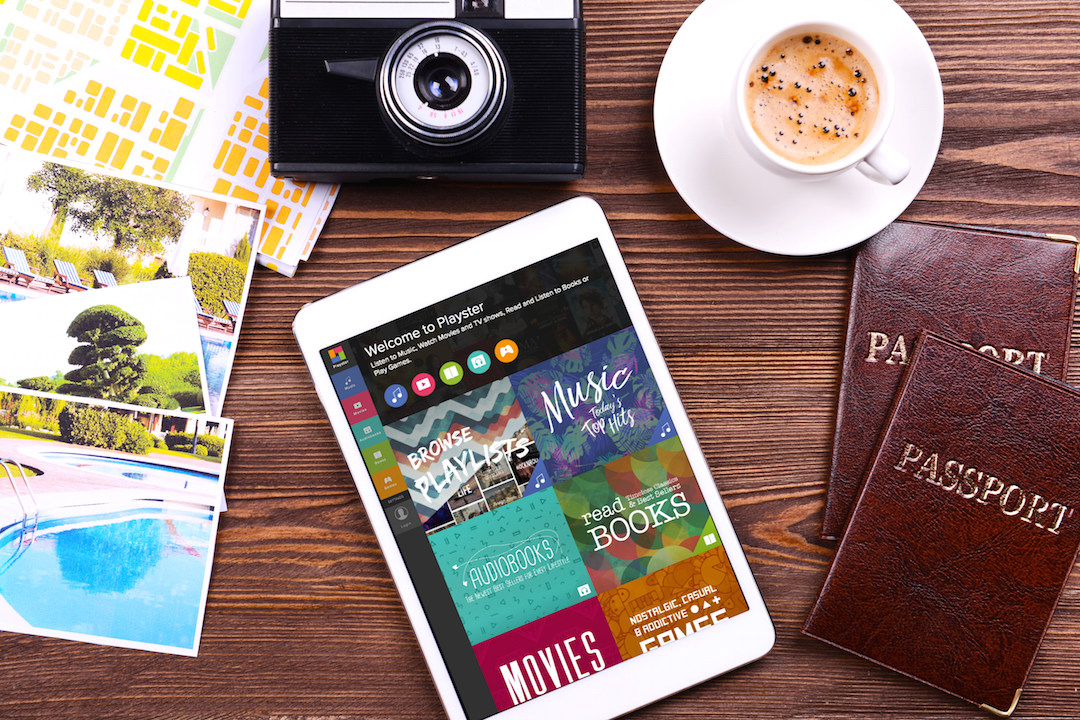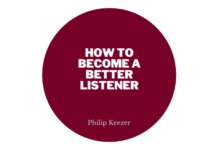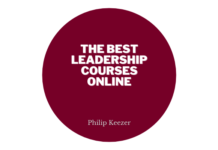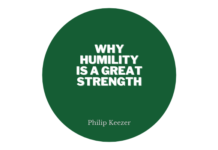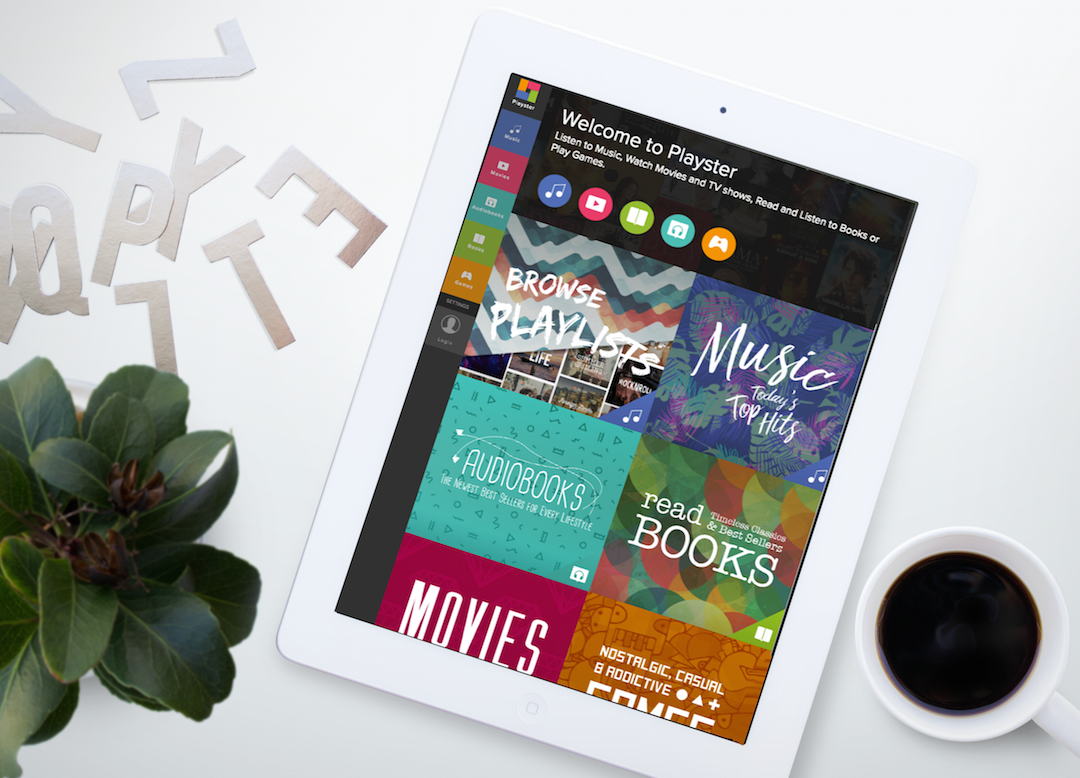It always makes me uncomfortable when people ask me what music I’m into. The easiest thing for both of us would be if I dropped the name of one or two traditional genres but, in reality, I’d be telling them almost nothing – particularly now that we see genre boundaries crossed so often. And we all know that responding with ‘a bit of everything’ is just evading the question.
Some people proudly identify with a genre to the point where they’ll frequently argue with like-minded people about what fits into that genre and what doesn’t. In fact, these hardcore fans are probably the ones defining what each genre now means. But I once read a quote that said “genre is a bookstore problem, not a literary problem” and it hit home how irrelevant the whole concept of genre has become.
Genres, Then And Now
Genres were created so that people knew where to look in a book or record store – even today, it gives book shoppers a starting point when they enter a brick-and-mortar store instead of sifting through thousands of books looking for something new. It’s one of the most basic, regimented systems of finding new things, and I would argue that it’s become almost completely irrelevant now that entertainment is so accessible. Just think about it: Between the influx of genres – new (weird) book genres are popping up all the time – and the fact that a lot of today’s best music, books and movies pull from more than one genre, trying to classify content using such rigid methods certainly falls short.
Today’s generation are voracious media consumers, and I’m not convinced that they’re worrying too much about genre when they’re burning through television series, novels and albums. The consumption stats we have with Playster go some distance in backing this up. Culture, lifestyle and mood are now more likely to influence people’s choices when they’re on the hunt for new things, and it’s important that we have the technology to facilitate these connections as smoothly as we can for the consumer. We’ve even found that the music our members listen to early in the day varies a lot from what they listen to later at night, and the way that we create our content on Playster takes all of this user behaviour into account.
Anytime, Anywhere
The ‘anytime, anywhere’ culture we have now also makes genre less relevant. People need faster, more honed suggestions. They make snap decisions and pick something that suits their mood or what they’re doing at that time – for example, choosing a two-hour documentary because they know it’ll fit the length of their train ride, or picking music over a movie because they’re not in a position to look at their screen. With streaming’s non-stop growth – a third of a BILLION people will be using streaming video platforms by 2019, according to Digital Trends – the question, in my opinion, has become how to keep if fresh, enticing and interesting.
There’s no doubt many people still find comfort in traditional genres. They trust them, and think they know what they’re going to get. This is why we kept genre browsing on Playster, despite the fact we have such a vast collection of titles across all media. But the truth is, more advanced and responsive kinds of curation and categorization are now vastly more important that the traditional idea of genre. Whether there’s a human being behind the playlist or a computer picking out those books, the very basis on which we discover new content has to become more targeted and more personalized.







